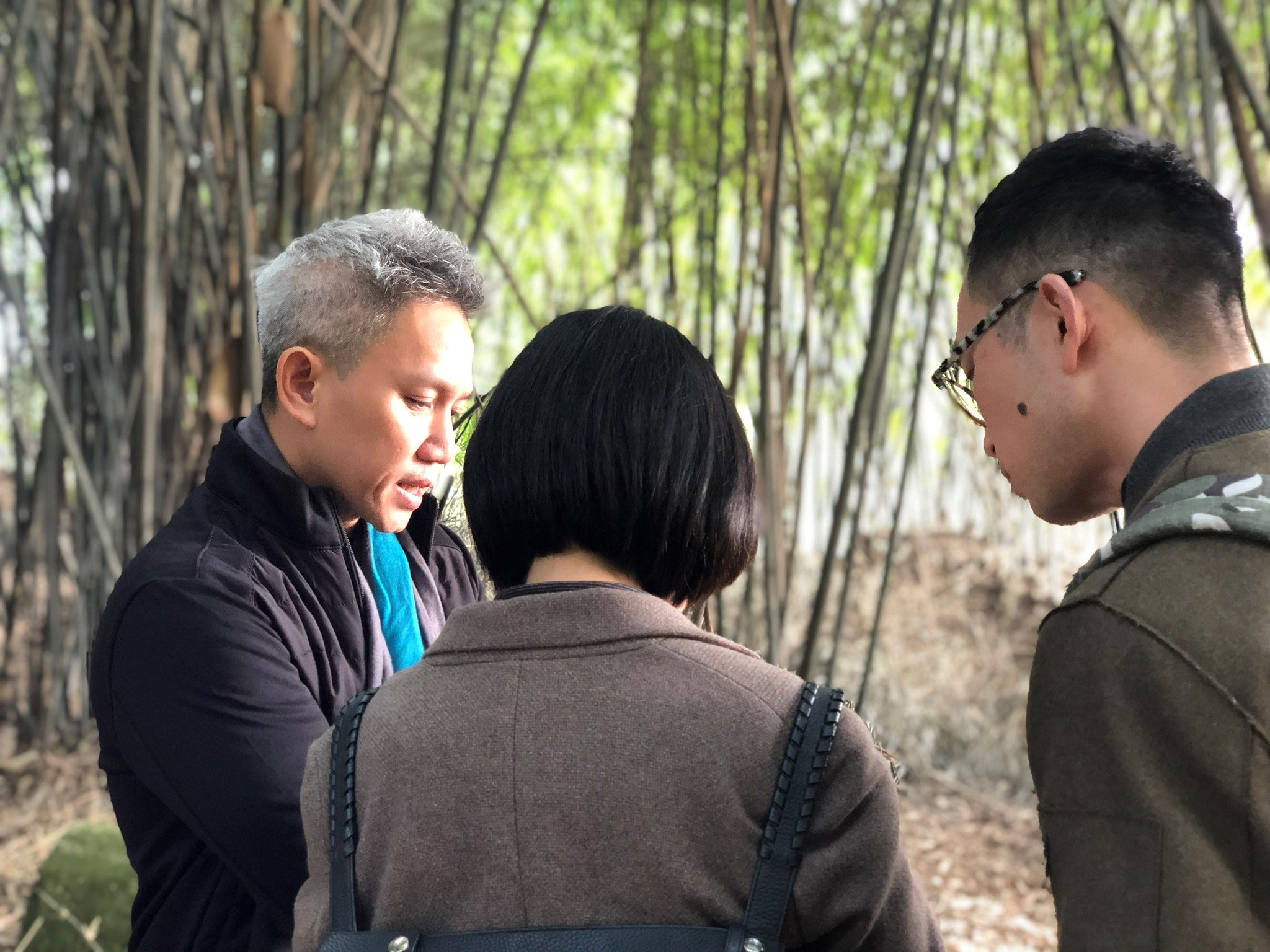Value of Mentorship: Are you a Mentor or a Mentee?

This is not a common question but perhaps one which we should all consider. Many do not understand the value of mentorship and the fulfillment it can bring to both parties from the relationship. The most common excuses for not being in such a relationship include:
“We have no time for this.”
“My potential mentor is too busy for me.”
“My mentee is not willing to learn and be engaged.”
“Who am I to deserve a mentor?”
Notwithstanding the above excuses, we could all step out of our comfort zone in order to get a head start in this relationship.
I am blessed to have had mentees under my wings over the years. Of course, they come and go. They range from graduate architects from MIT, Yale, UCLA, and Harvard, to young landscape architects working in local or overseas public agencies and institutions as lecturers, procurement officers, researchers, and practitioners. Many mentoring relationships do not start off as a formal or official acknowledgment of each other in those roles. At least not in my case. It can be a relationship that develops over time through casual conversations, design awards supervision, conferences, and other platforms. When the conversations continued with one willing to receive and eager to learn, and the other willing to share and give, the relationship continues to feed off each participant to a point when you know there is mutual respect, and the mentor-mentee relationship somehow has been established.
It is true that the mentee bears the responsibility for engaging the mentor. But it is a similar responsibility for the mentor that they reply or stay engaged for the questions asked or advice sought so that the relationship continues to be sustained. Constant engagement will gradually grow the relationship and filled it with different exchanges as well as honest sharing. Over time, I began to realize the mentee appreciated the time, wisdom and knowledge shared and became grateful and appreciative for all that was received. Even as a mentor, I felt that there was much to gain through learning about problems and issues, including insights that I may not have been able to receive except through the mentee’s perspectives and background knowledge. It is fulfilling for me to see how mentees have grown and developed over time. Whether they become successful or not is not important, it is what we say that keeps them motivated, encouraged, or inspired at those moments when it is most needed. I was heartened to know that sometimes, they would even come back to me and acknowledge me for one of the pieces of advice or insights that I had previously shared that enabled them to make that leap or ignite that spark.
In my view, mentorship is one of the most humble and intimate ways to advocate for our profession. It is one-to-one conversations that can make the real difference. I would choose to think that it is like planting a seed in good soil and see it grow and flower with time.
To those yet to have a mentor, it is time to find one whom you think can really connect with you and can see you develop. To those who are willing to give and share, it is time to pick a few young ones and help them grow and flourish. And in the future, they, in turn, can become a mentor to others. Let the good vibes spread!

